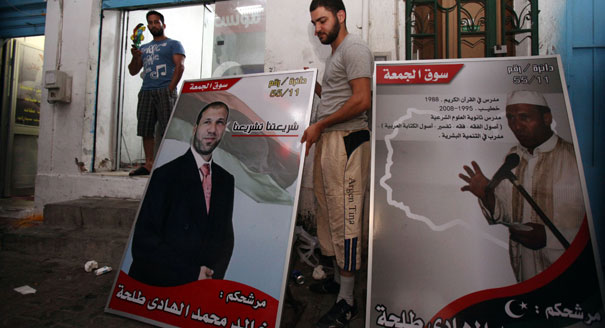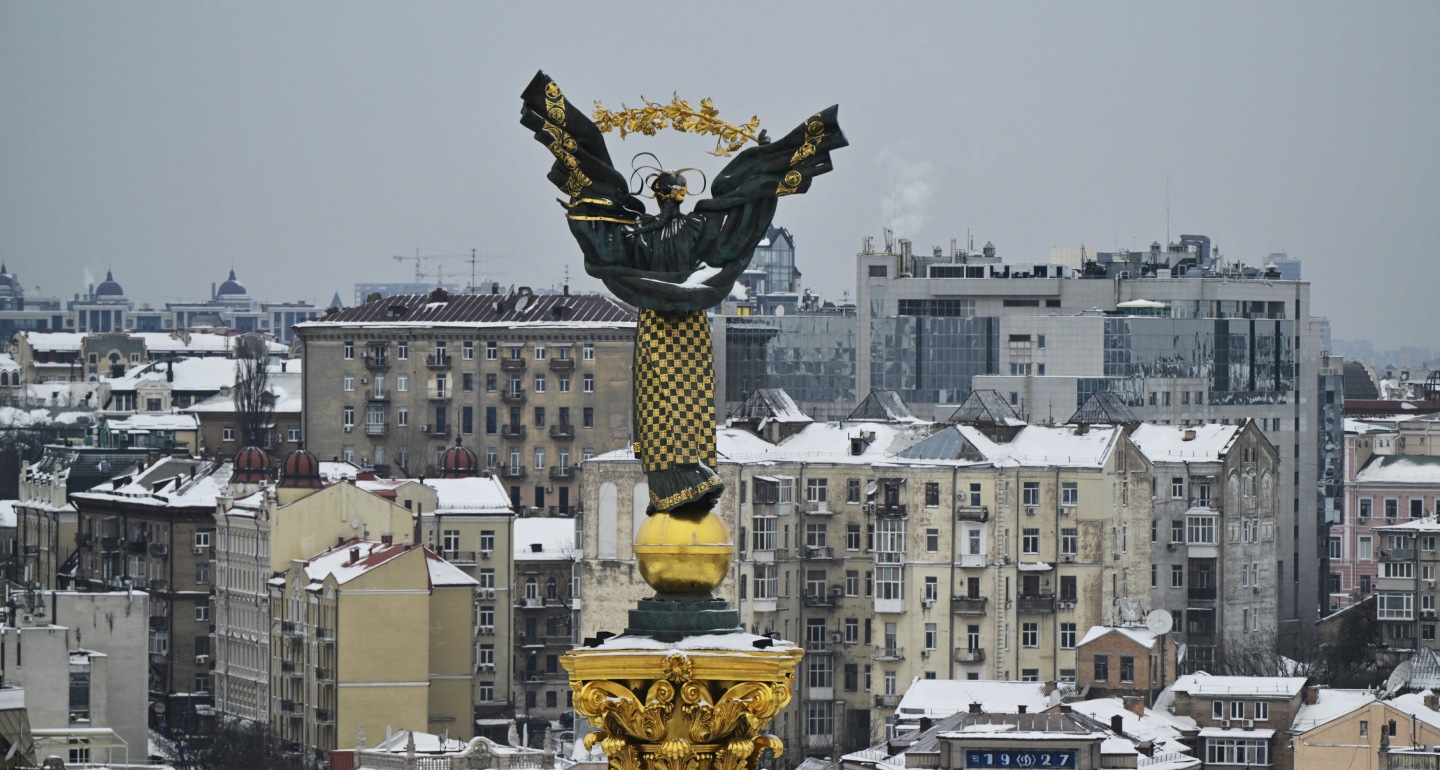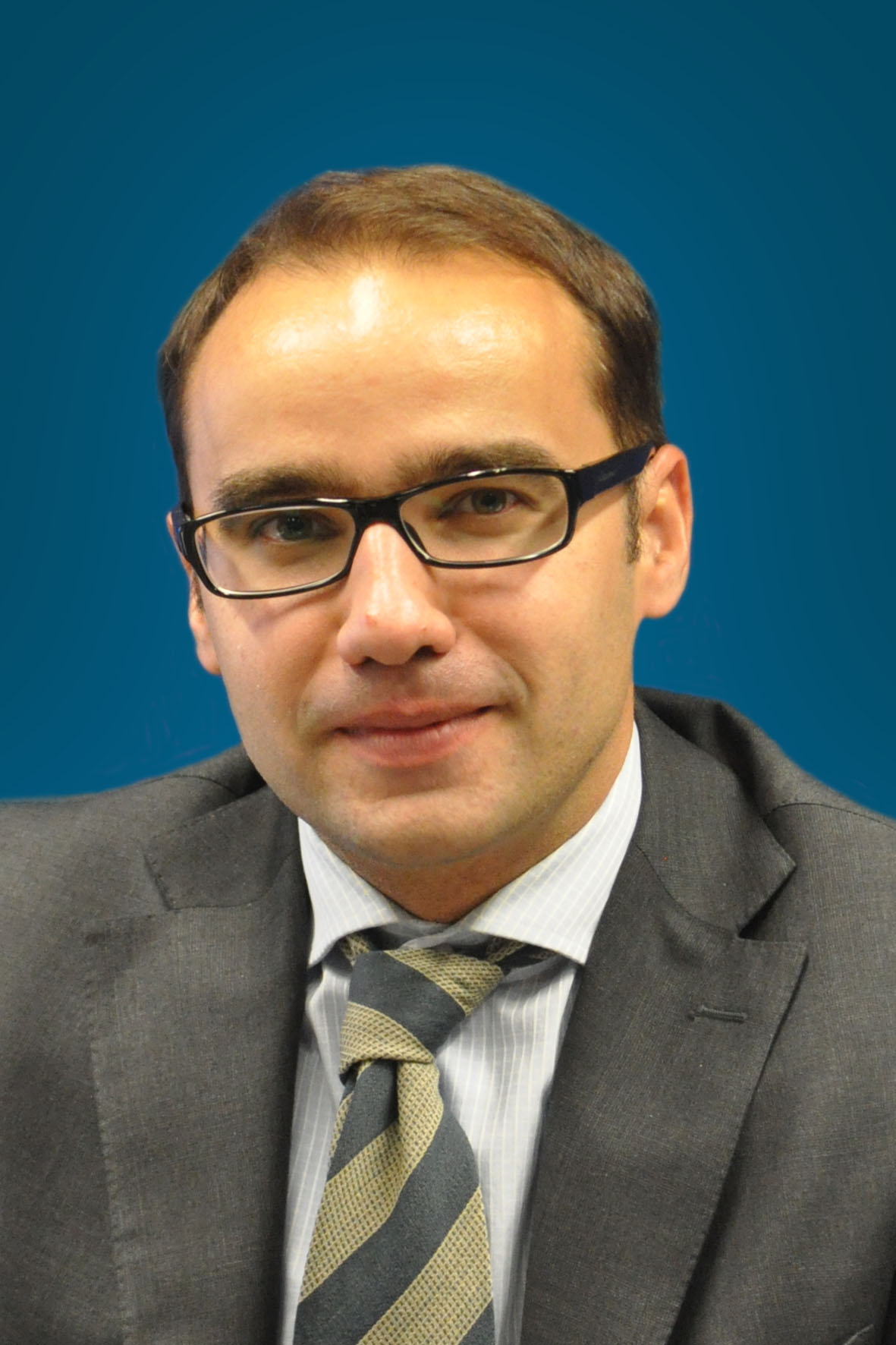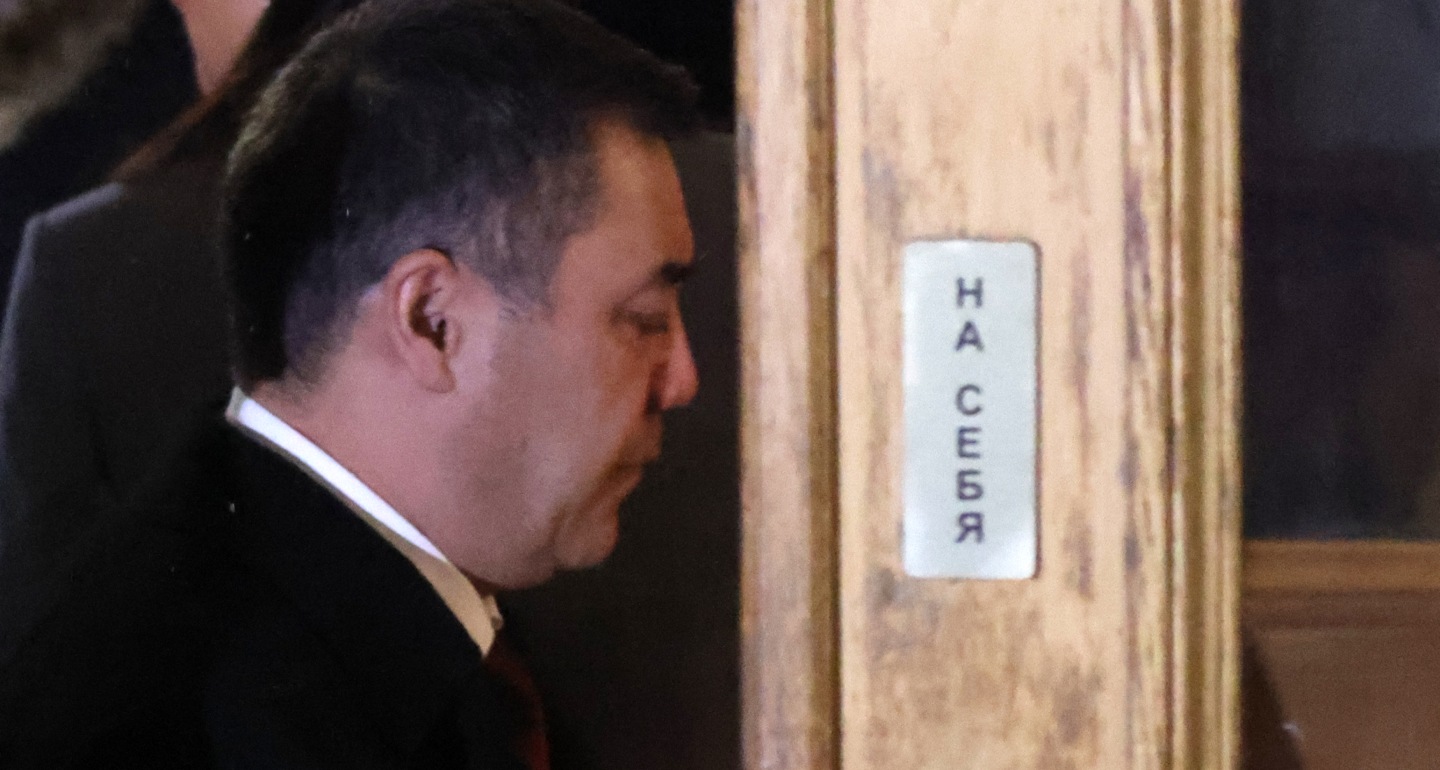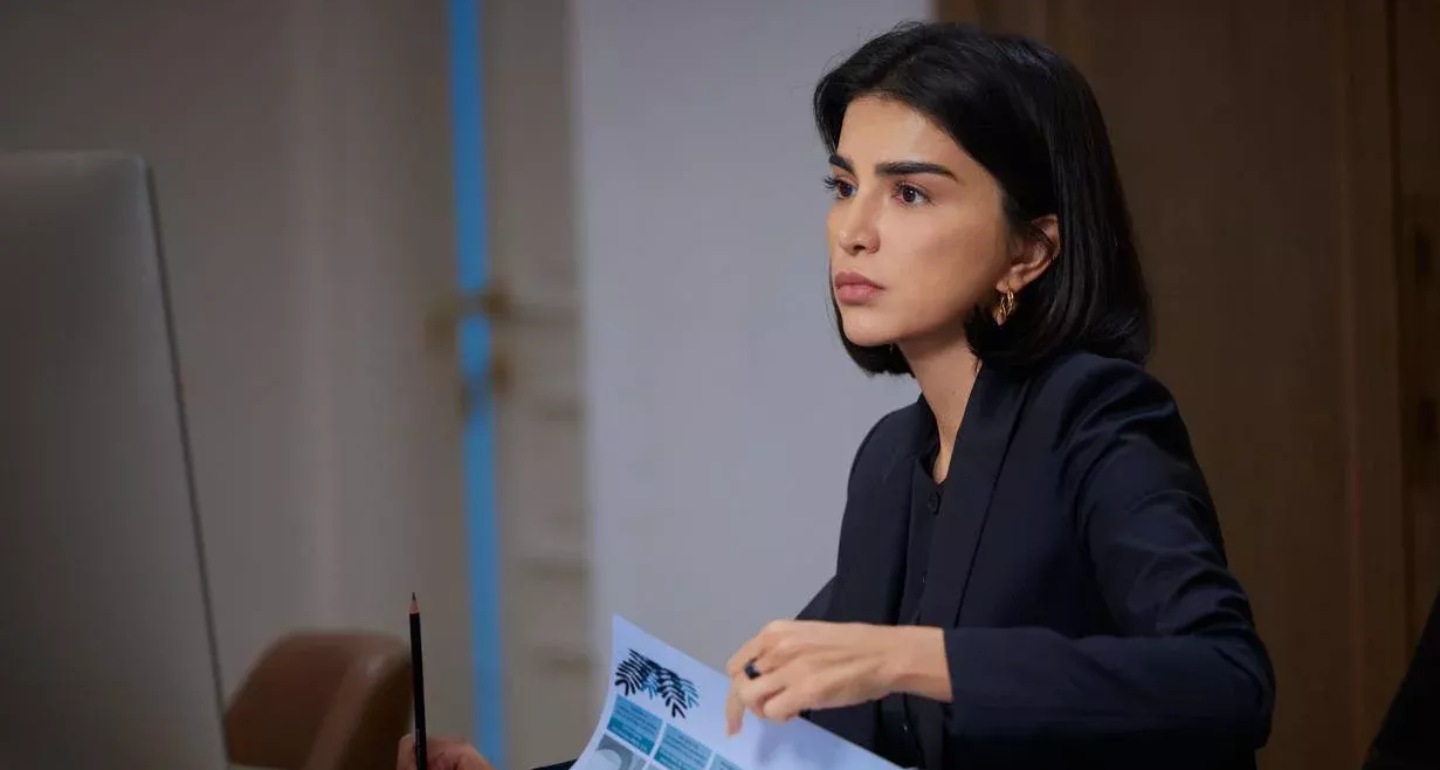Libyans head to the polls this month in the first national election since Muammar Qaddafi’s overthrow. But with pockets of insecurity, lawlessness, and limited government control, doubts remain over how Libya will emerge from four decades of authoritarian rule.
In a Q&A, Frederic Wehrey, who is currently in Libya in advance of the parliamentary election, analyzes the country’s transition to democracy. Wehrey argues that the election is a historic event for Libya. While the country still faces major challenges and will need to answer essential questions about the role of religion and regional autonomy as its new leaders write a constitution, it is safe to be relatively optimistic about its future.
How important is Libya’s upcoming national election?
This election is a
momentous step for Libya. For forty-two years Libyan society was uninvolved in the country’s politics. Qaddafi forbade any sort of political participation, banning civil society and political parties. And under the overly centralized regime, even at the local level people did not have a voice.
It is a huge accomplishment for a country emerging from dictatorship in the wake of the Arab Spring. And the election is grounds for optimism on the transition.
There’s a lot at stake in the vote—Libya’s future path and who will lead the country forward. The election marks the effective end of the country’s interim legislative authority, the National Transitional Council (NTC). The NTC has done a relatively good job of steering the ship in Qaddafi’s absence but was tainted by questions of legitimacy and a lack of transparency.
That said, there remain questions about the government’s capability to provide security at polling stations. It has “deputized” a number of militias in major cities as part of its security plan. And there have been some very vocal calls for an election boycott in the east by Islamist and pro-federalism leaders, as well as attacks on election offices. The government reportedly has a plan to “freeze” the voting at polling places where there is violence or disruption, which could result in a de-facto invalidation of the results.
A number of loyalist towns like Sirte and Bani Walid are also a concern—nongovernmental organizations have not deployed observers in these areas due to security concerns. These locations have low registration rates compared to the rest of the country, suggesting many people do not view the election as legitimate.
In the weeks before the election, Libyans had just reached the cusp of a feeling of disenchantment, with worrisome implications. Many things were not getting done in Libya because everyone was aware that the NTC was a temporary body. It is now time to move on.
Why was the election postponed?
The postponement of a few weeks was simply a technical delay. Libya’s transitional authorities were behind schedule in registering voters and in other preparations for the election. According to the accounts of the United Nations and several NGO observers, the delay was fully justified and not nefarious in any way.
Even with a slight delay, the government is essentially meeting its timetable. The fact that campaigning is well under way is remarkable for a country with such a history of subjugation. Many outside observers say things have gone fairly smoothly thus far. And over 80 percent of the population is already registered, which suggests a very high voter turnout.
What are the anticipated results of the voting?
Without polling, it is difficult to say at this point.
The default answer is that the Islamists will do well. These include the Muslim Brotherhood-affiliate Justice and Construction Party and the Homeland Party, led by the former Libyan Islamic Fighting Group leader Abdel Hakim Belhaj. When the election timetable was first announced several months ago, the Islamists were the best organized and remain so today. And in local council elections in Benghazi in May, the Justice and Construction Party did in fact win a high percentage of the vote. That said, the Islamists are increasingly diverse—there are splits based on locations, doctrines, and personalities.
The obvious counterweight to the Islamists is the umbrella party, the National Forces Alliance, headed by Mahmoud Jibril, the former chairman of the NTC’s Executive Office. Encompassing more than 40 political groups and 200 civil society organizations, the alliance is a credible national force.
It is important to note that for most of the main parties, the experience of campaigning and articulating a party platform is completely new. For many, the metric of voter support is how many posters are produced or media ads are running on television.
In addition, the ideological spectrum even between Islamists and nationalist parties is quite narrow—the nationalists make frequent references to Islam as a basis for law and governance and the Islamists trumpet their nationalist credentials. There are cases where election posters from a major Islamist party show women candidates unveiled—an attempt to soften their image and appeal to women voters. All of this bodes well for consensus building and national unity once the parliament is formed.
But as in Benghazi, in other local council elections that have taken place since the revolution, the key theme has been that anti-NTC candidates did well. Questions linger about the NTC’s ties to the old regime, and people who ran against the old order largely came out on top. It is fair to assume that this trend will continue.
To what degree candidates are able to separate themselves from the old regime is in many ways a more important indicator than their ties to Islamists or other powerful parties. In many ways the election could be the revolution’s second wave. Part of the reason clashes are still going on in parts of Libya is that the purge of the old regime is unfinished. A large proportion of Libyans could opt for fresh faces.
Yet, in the end, local agendas will likely win the day. Voters will be drawn to candidates based on tribe, local connections, and business ties rather than ideology or broad-based political platforms. The stature of the leading figure is also important—Libyans refer to the parties less by their name and more by the head or founder of the party.
What are the next steps after the election?
Libyans will be electing a 200-person parliament to replace the NTC, and the new assembly will need to choose its president and appoint a prime minister within its first month in operation. The next real order of business is to form a body to write Libya’s new constitution. A draft must be presented in 120 days and then needs to be approved in a national referendum.
The parliament’s key test is whether it can get that constitution passed. The debate over the new constitution will tackle all of Libya’s big, looming questions—what is the role of Islam in political life and what role will autonomy play in a new Libya. The constitution needs to delineate the use of Islamic law, the powers of the central government over local administrations, taxation, municipal services, and other essential topics.
Is Libya effectively transitioning?
I think it is safe to be guardedly optimistic about Libya’s transition. On one level, Libya is transitioning effectively just by virtue of holding elections. On another, oil production is exceeding expectations by already surpassing pre-war levels, providing much-needed funds to help stabilize the economy and state.
The glaring shortfalls in the transition are the lack of development in the security sector and the continued activity of powerful militias. It’s tempting on the surface to see the situation on the ground as chaotic and alarming with armed men roving the streets. But it’s not all bad news, in many cases the militias actually maintain a degree of discipline, provide pre-election security, and work with the government to police their own areas—so things are being kept under control at least for now. The key question is how these militias will react to the election results and the subsequent distribution of power among tribes and towns.
The NTC has in fact had to deputize militias. There is a coalition of militias from the east, Zintan, and Misrata known as the Libyan National Shield that is stepping in and acting as Libya’s army, going to the south of the country to quell the unrest there. In other cases, militias that are nominally attached to the Ministry of Defense are providing security for borders and oil installations. There is also an internal security force under the Ministry of Interior known as the Supreme Security Committee that is comprised of militias; ostensibly this is meant to be a temporary transitional force, but there are questions about whether and how it will disband.
The government is working with what it has and treading very carefully. The government knows it must demobilize and integrate these militias, so there are a number of plans to register fighters and provide them with attractive options like starting a small business, continuing their education, or joining the police or military. Whether these plans can be implemented remains to be seen. Maintaining internal stability is going to be a long-term challenge.
Where are the main pockets of instability in the country?
There remain crucial unresolved issues in the provinces in the south, east, and west. These are areas that were severely neglected under Qaddafi and he successfully manipulated longstanding disputes over land and resources to play towns and tribes off of one another.
In the south there are ethnic tribal clashes in border towns. A similar dynamic can be seen playing out in the west in Zintan and Mashashiya where hundreds of people have been killed over the last several weeks. This is a tribal squabble between one tribe that was favored by Qaddafi in the latter years of his rule and another that was active in his overthrow.
In the east, there are demands for federalism and a greater proportion of parliamentary seats. Most recently, demonstrators blocked the main highway leading to the east and attacked the electoral commission’s offices in Benghazi and Tobruk. Some fear that a new government means more of the same, with resources being directed away from the region to Tripoli. Given this sentiment, there is the real possibility of increased disruption in the run-up to the election.
Islamism is also rearing its head in the east. There have always been pockets of conservative Islamists in Derna and Benghazi, but groups are asserting themselves with greater fervor. A Salafi group known as Ansar al-Sharia has established itself in Derna and Benghazi and recently sent armed men into Benghazi’s main square to demand the imposition of sharia. Its leader declared the elections un-Islamic. There have also been attacks on the American and British consulates and the International Committee for the Red Cross.
While it is important not to downplay these issues, as they reveal a weakness of the government and army to manage Libya’s internal security, the problems are confined and the state is not about to implode. Comparisons to Somalia, Bosnia, or Iraq are therefore unfounded and exaggerated—the internal divides are not as stark as many observers argue.
Is there a threat that Libya will break apart into autonomous regions?
The issues of regional autonomy and federalism will have to be worked out after the election, but my sense is that Libya is not going to go down that road.
Even in the east, where calls for a boycott of the election are the loudest and where federalism enjoys the strongest support, there is still a high voter registration rate. This suggests that the debate on the subject will happen within the framework of a parliament and in the writing of a new national constitution. In many cases, people are unclear about the meaning of federalism and autonomy; the real issue at stake in the election is greater proportional representation of seats.
Calls coming out of Benghazi from the Cyrenaica Transition Council are led by people who have ties to the monarchy that was in power before Qaddafi’s rein and who obviously have vested interest in defending the east’s dominance. I was in Libya when the group announced its desire for eastern autonomy, and while it successfully organized demonstrations, there were huge counterdemonstrations in both Benghazi and Tripoli. That said, there is still the possibility that pro-boycott actors might try to disrupt the upcoming elections.
People do not want the breakup of the state, but don’t want a return to the completely centralized control associated with the Qaddafi era either. Libya needs to find a happy medium.
Are extremists taking advantage of lawlessness in the country?
This is a huge concern. In parts of Libya, we are seeing the perfect storm of weak state control, traditional areas of smuggling and criminality, proliferation of arms, tribal discontent, ethnic unrest, and Islamist groups moving in to take advantage.
We know from recent chatter that al-Qaeda is looking at areas in the south near the Algerian border, which means that the general lack of border security is a significant problem that must be dealt with sooner rather than later.
But this is just one dimension of the problem. Beyond the threat of transnational terrorism, there are also homegrown terrorists to worry about. These are the groups that traditionally maintained a base in the east in the Green Mountains, Benghazi, and Derna, a town that served as an important hub for Libyan Salafism and a major recruitment point for Libyan fighters headed to Iraq. There is a culture of jihad and resistance in the town stemming from its neglect under Qaddafi, its mountainous topography, and the legacy of fighting the Italian occupation that has not gone away.
The radical trend in Libya, however, is offset by a number of factors. Tribal power and class affiliation are quite strong in key areas, and this tempers radical Islamism. The Muslim Brotherhood and Sufism also play a role. As a political, pragmatic party, the Muslim Brotherhood is rejecting violence and saying that it will accept the results of the election. And Libya has historically been a society with a strong Sufi component that rejects the radical views of certain Salafi currents.
Even among supposedly hardline Salafi currents there are debates and divisions between the older and younger generations and between those who espouse participation in the state’s institutions and those who reject it.
What should the international community do to help Libya transition to democracy?
There is enormous work already under way by nongovernmental organizations and multilateral institutions, including the United Nations and European Union, to provide technical assistance and advice on the elections and on setting up effective institutions.
There is also a great deal of security sector support. NATO and the United States are involved in the training of the police and military. Police force training has been supported by Jordan, Qatar, Turkey, and Egypt.
U.S. Africa Command announced recently that it was going to form a partnership with the Libyan military. Even before the revolution, the Unites States recognized Libya’s geostrategic role in North Africa and that building the country’s border security, police, and national army would require outside assistance.
But Libyans are leery of opening the country’s doors too wide to foreign help. The legacy of the Qaddafi period—combined with the lessons of the U.S. occupation of Iraq—is a distrust of foreigners’ ulterior motives and a deep suspicion that they are out to get the country’s oil or exploit the tenuous security situation. For example, the NTC recently passed a law that forbade private military companies from operating in the country.
For many in Libya, outside assistance must be incremental and focused on providing real, actionable solutions. There is a strong sense that the country needs to control its own destiny.
